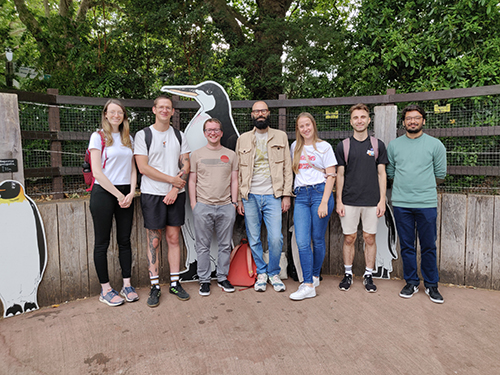About us
We are the Pathogen Informatics and Modelling group at EMBL-EBI (also known as the Lees Group). On this page you can find information about current and past group members, who we work with, and some nice pictures.
Lab members
Antoine Andréoletti is an intern from the Ecole Polytechnique in Paris.
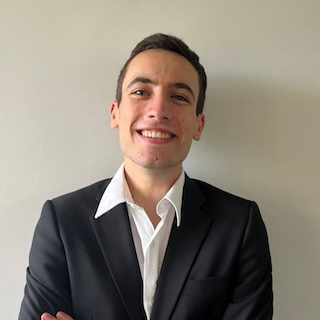
Starting in biology, I turned towards bioinformatics 3 years ago to be able to use the amount of data made in this field. I now finished my masters in bioinformatics at Ecole Polytechnique in France and will go to Denmark next year to finish my studies.
Before my internship, I worked on several projects in genetics and neuroscience. In those projects, I analyzed large amounts of data to answer biological questions such as: How do bacteria respond to stressful environments? How does the human brain reinforce memory?
In my time here, I want to help tackle the issue of human health and to fill my curisoty for genetics, epidemiology, etc.
Languages: Python, R, C++
antoine at ebi dot ac dot uk
Hsueh-Chien (Raymond) Cheng is a visiting PhD student (based at the Wellcome Sanger Institute)
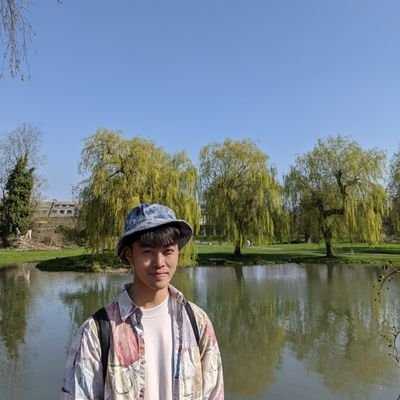
I am a PhD student at the Wellcome Sanger Institute in Prof. Stephen Bentley’s group and also under the supervision of Dr. John Lees at the EBI. My current work is focusing on quantifying the invasiveness of Streptococcus pneumoniae with different genetic backgrounds by using the WGS data among populations. I am also interested in studying various modes of evolution in pathogenic bacteria and how they shape different population structures.
Languages: Python, R
raymond at ebi dot ac dot uk
Joel Hellewell is an EIPOD fellow
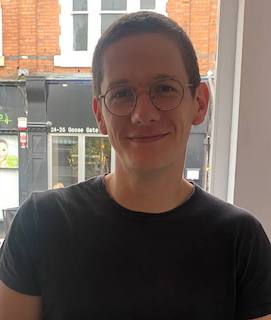
My background is in transmission modelling and statistics. I did my PhD at Imperial College London in the Malaria group with Tom Churcher and Azra Ghani. I then did a post-doc at the London School of Hygiene and Tropical Medicine in Sebastian Funk’s group. I contributed towards models that performed routine short-term forecasts of COVID-19 deaths, hospitalisations, and reported cases in the United Kingdom. I also worked on reproduction number estimates and modelling the sensitivity of PCR tests over the course of a COVID-19 infection.
I am now interested in integrating genetic and epidemiological models and data to see if this improves the answers to key questions that were repeatedly asking during the COVID-19 pandemic. For example, how early can we tell that the number of infections is increasing? Does this novel variant have a transmission advantage? Does this novel variant cause infections with more serious outcomes?
Languages and tools: R, stan
joel at ebi dot ac dot uk
Samuel Horsfield is a postdoctoral fellow
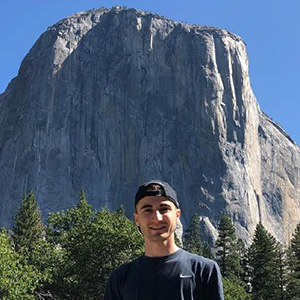
My PhD focused on pangenome evolution in pathogenic bacteria. I designed and developed ggcaller, a new annotation tool for bacterial pangenomes that works on pangenome graphs. In my Postdoc, I’m working on graph methods to improve Nanopore sequencing for enrichment of the accessory genome, using large population datasets to understand pangenome evolution, and developing large language models to simulate bacterial populations.
Languages and tools: C++, Rython, R
Organisms: Bacteria (S. pneumoniae, E. coli and many more) and viruses (polio).
shorsfield at ebi dot ac dot uk
John Lees is a research group leader
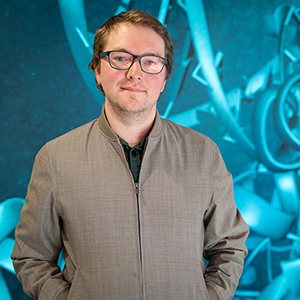
My previous work has attempted to understand the pathogenesis and transmission of infectious diseases. I primarily works on statistical genetics, genomic epidemiology and genome evolution of pathogenic bacteria. I have also worked on infectious disease modelling, GPU algorithms, and visualisation. I write methods and software to scale these analyses and make them more accessible to others in attempts to democratise bioinformatics.
Languages and tools: C++, CUDA, python, R, rust, stan
Organisms: Any microbe, but especially Streptococcal bacteria.
My personal website is www.johnlees.me and you can find my papers here.
jlees at ebi dot ac dot uk
Leonie Lorenz is a PhD student
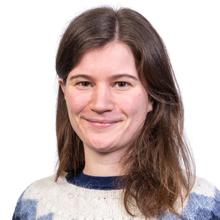
In my PhD, I will focus on jointly using epidemiological and genomic data for developing mathematical models of pathogen transmission. While the spreading and evolution of pathogens are often analysed separately, exploiting both data streams together as input for epidemiological models could increase the models’ predictive power and result in new insights.
I studied biomathematics at the University of Greifswald, Germany. For my master thesis, I developed a Boolean model for the regulation of apoptosis at the Max Delbrück Center for Molecular Medicine in the Helmholtz Association.
Languages and tools: python, R
llorenz at ebi dot ac dot uk
Lale Maouloud is an Erasmus student from the University of Rouen Normandy.
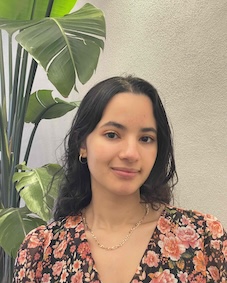
Fueled by my curiosity for the invisible. With a bachelor’s degree in Life Sciences and Plant Biology from the University of Angers, France, and currently pursuing a three-year Master’s program in Bioinformatics Modelling and Statistics at the University of Rouen Normandie, my academic journey is a fusion of curiosity and dedication.
Embarking on my internship, I am focused on elevating the field of metagenome annotation through the refinement and application of the graph-based annotation tool, ggCaller. My aim is to immerse myself fully in this ambitious project, shaping ggCaller into a pioneering tool in metagenomic annotation methodologies.
Languages: C++, Python, R
lale at ebi dot ac dot uk
Jacqueline Toussaint is a PhD student
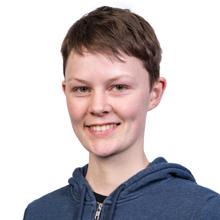
I’m broadly focused on developing more efficient and accurate methods for performing genome-wide association studies (GWAS) in bacteria, with a particular focus on antibiotic resistance and the possibility of expanding to real-time analysis. I’m also working on developing methods to improve the speed and consistency of bacterial genome annotation.
I previously studied biochemistry and microbiology at Montana State University, USA, with my Bachelor’s thesis research focused on generating and analyzing multi-omics datasets. I’m excited to further my education in the lab of Dr. John Lees at EMBL-EBI and the University of Cambridge, UK.
Languages and tools: python, R, Rust, Stan
Organisms: I work with a diverse set of microbes, including Streptococcus, Klebsiella, and Neisseria.
lilyjacqueline at ebi dot ac dot uk
Johanna von Wachsmann is a PhD student (based in Rob Finn’s lab).
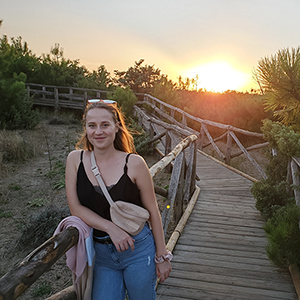
I did my master’s degree in bioinformatics with a focus on advanced algorithms at the Freie Universität Berlin. I wrote my master’s thesis under the supervision of Dr. John Lees.
I am now working on developing tools and algorithms for the analysis of large metagenomic datasets.
Languages: C++, Python, R
wachsmannj at ebi dot ac dot uk
Víctor Rodríguez Bouza is a Postdoctoral Fellow.
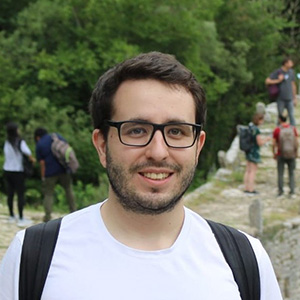
After high school, I started a BSc in Bioinformatics, but I decided to change after a year to Mathematics and Physics, both in the Universidad de Oviedo (Asturias, Spain). After a MSc in High Energy Physics (in the UAB in Barcelona, Spain), I did my PhD thesis in the same field in the Universidad de Oviedo, as a member of the CMS Collaboration at CERN. Now I have returned to the bio-sciences and started as a postdoctoral fellow in the Lees Group.
Languages, tools: Python, C++, R, ROOT.
Organisms Quarks: I have worked mainly in top quark physics.
vrbouza at ebi dot ac dot uk
Alumni
Gherard Batisti Biffignandi (2022) was a visiting PhD student (based at the University of Pavia). Now at the University of Cambridge (Kate Baker’s lab) and still a visitor at PIM.
Bruhad Dave (2022) was an intern, now at the Wellcome Sanger Institute.
Berk Gonenc (2023) was an intern.
Tommi Mäklin (2023) was a visiting postdoc on the Theory@EMBL visitor scheme (based at the University of Helsinki).
Oladipo Omotosho (2023) was a visiting scientist on an EMBL training fellowship (based at the University of Ibidan).
Timothy Russell (2023) was a visiting scientist (based at London School of Hygiene and Tropical Medicine).
Tendai Washaya (2023) was a visiting PhD student (based at the University of Zimbabwe)
Social and photos
2024
Microbiology society conference
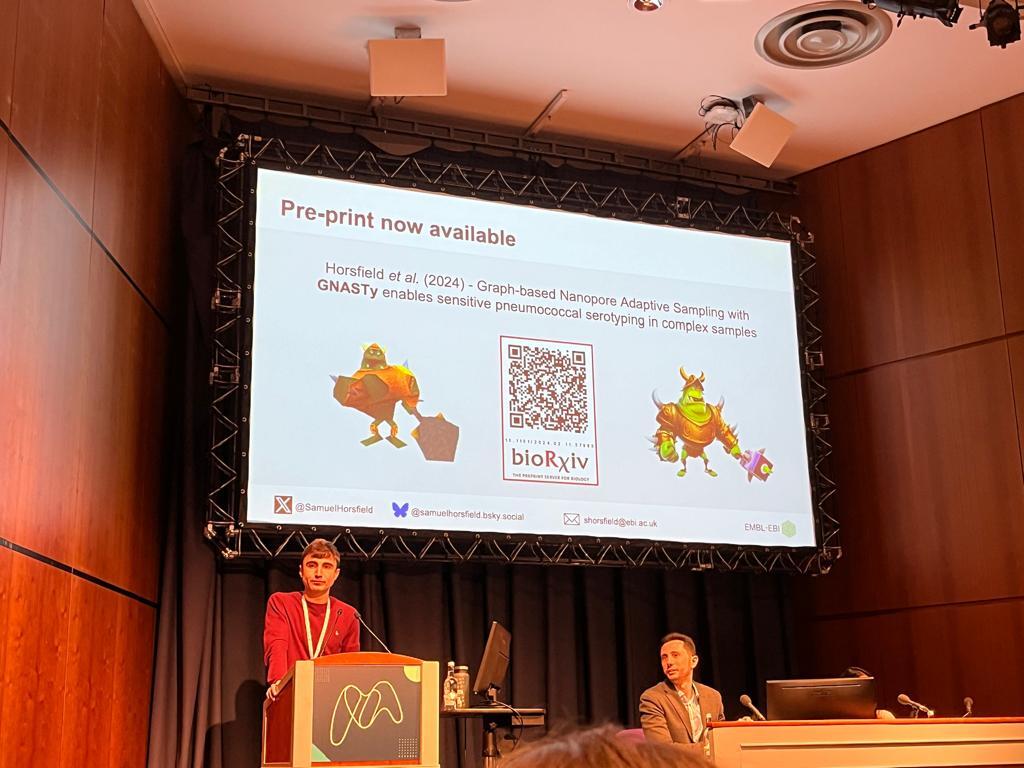
Sam presenting his work on GNASTy

Sam after presenting his work on GNASTy
Group away day, Cambridge. April 2024
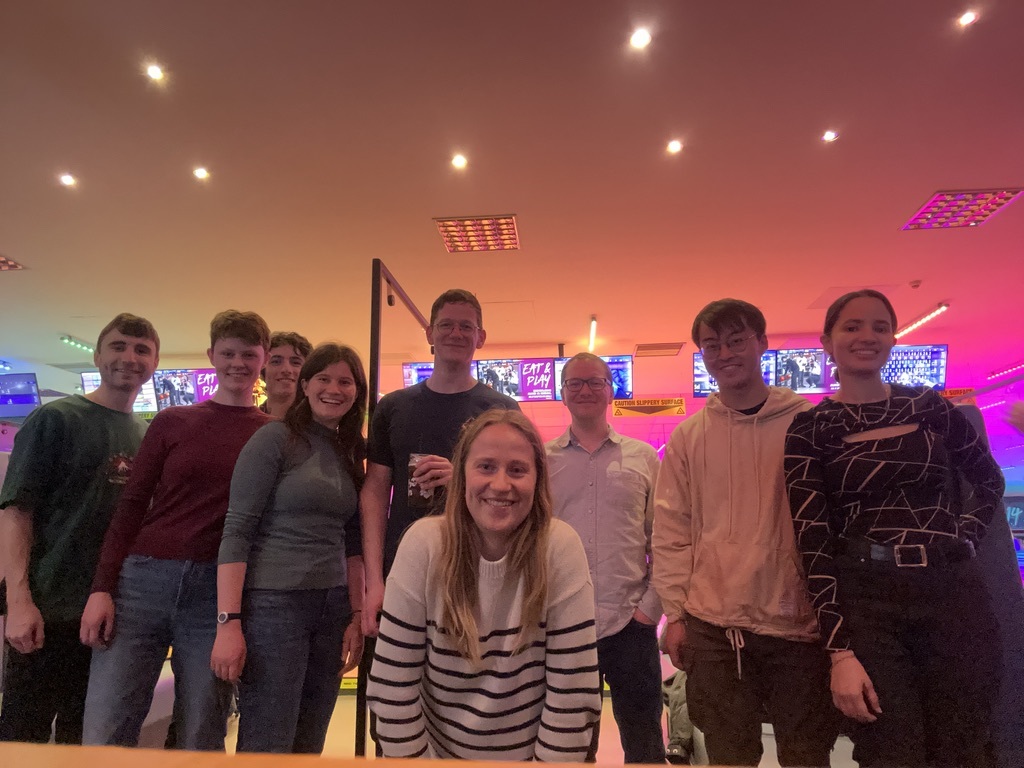
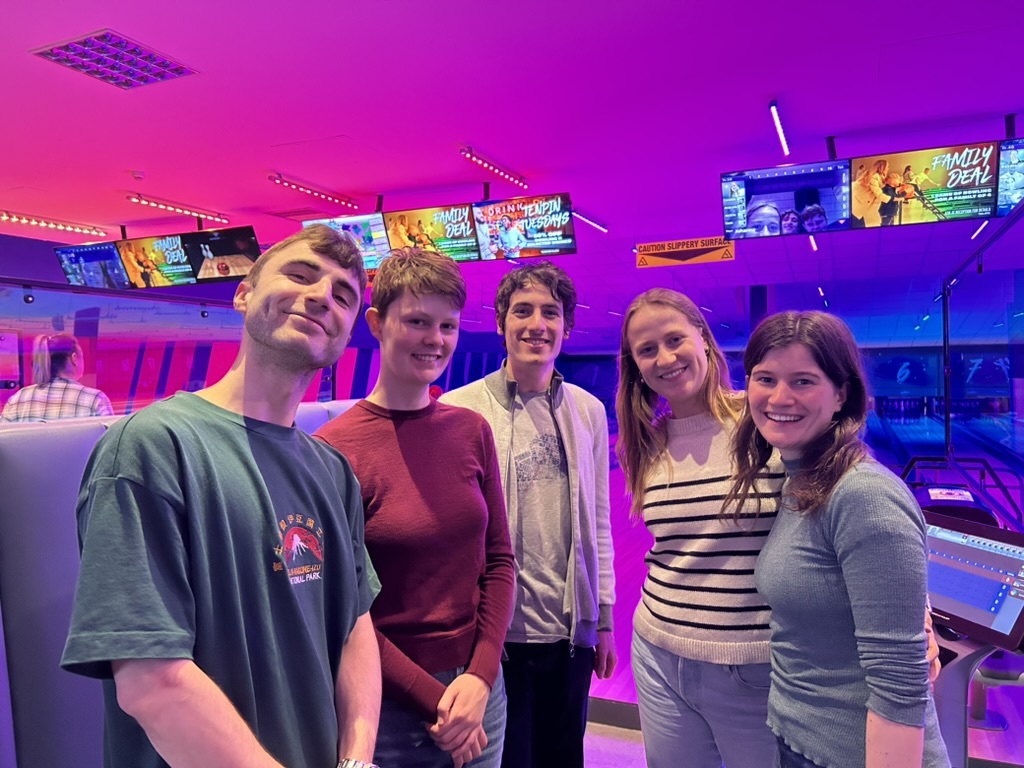
Lane 1 (high achievers)
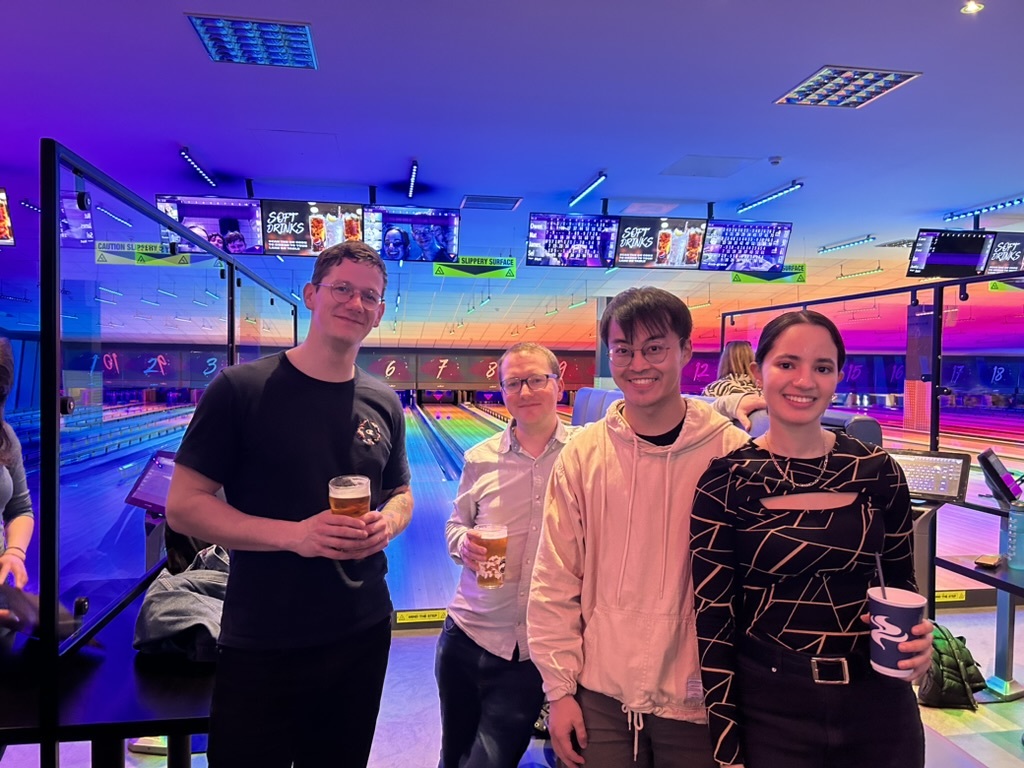
Lane 2 (remedial bowling class)
2023
Xmas dinner 2023
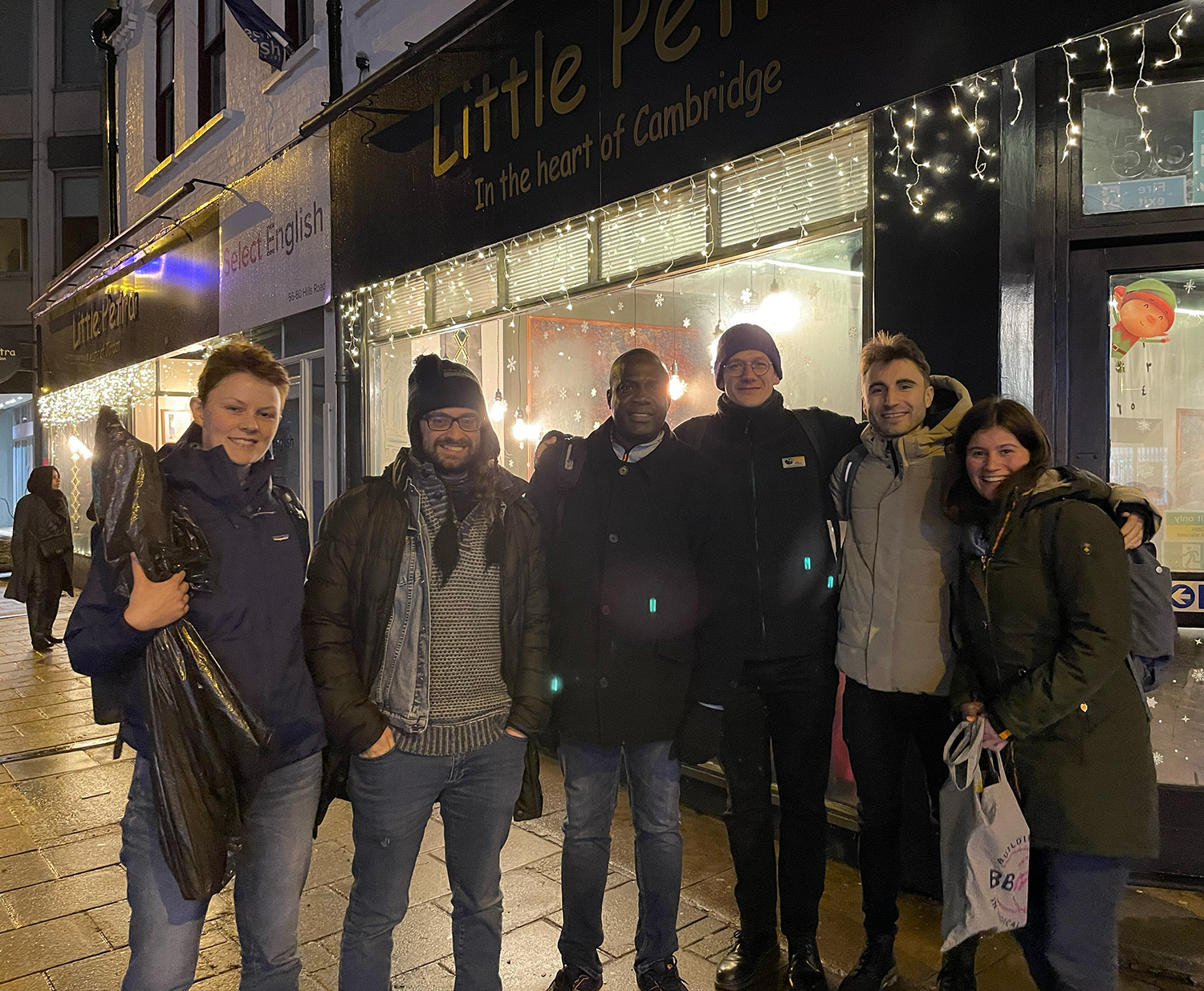
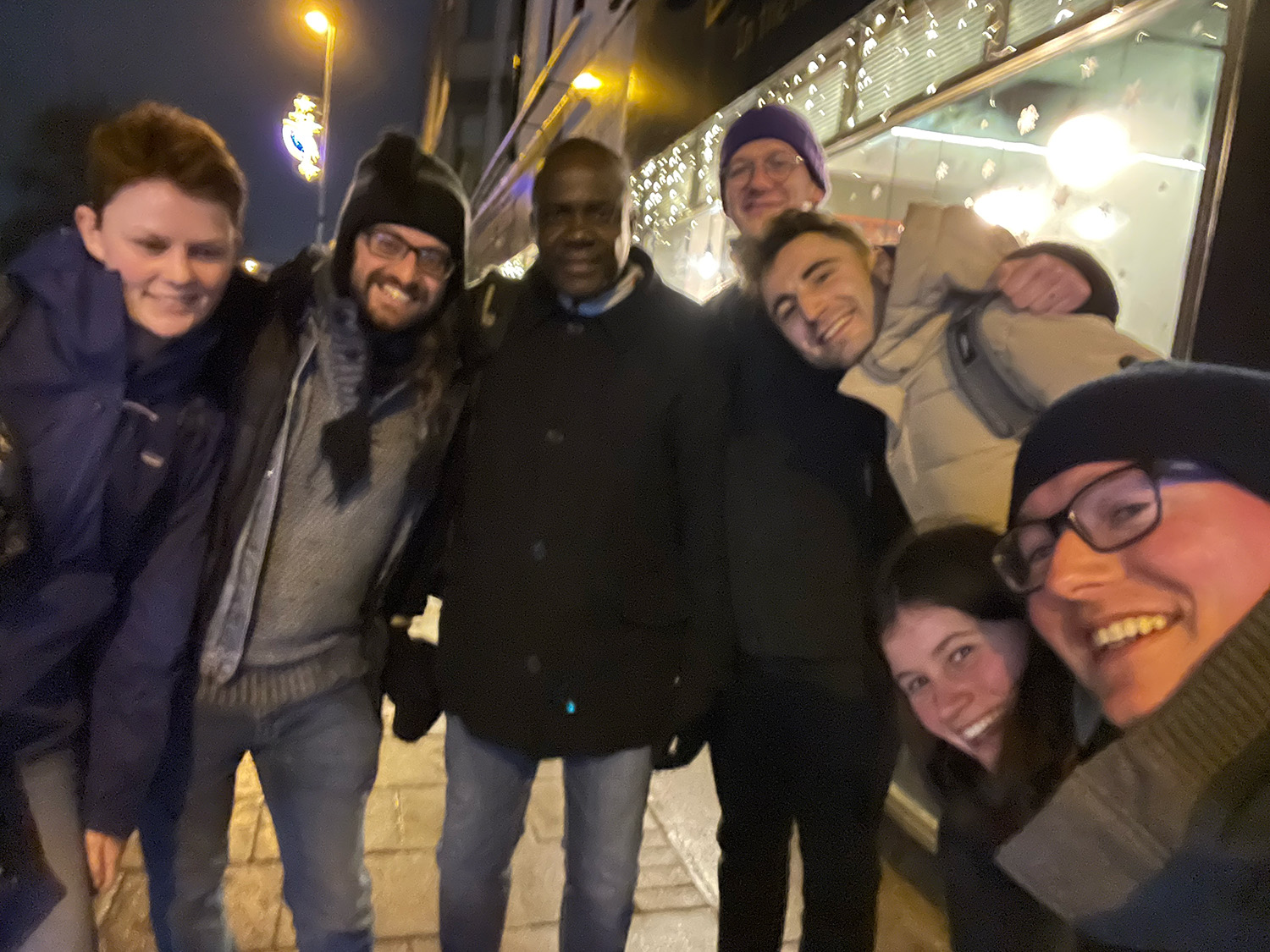
Group retreat, Suffolk. July 2023
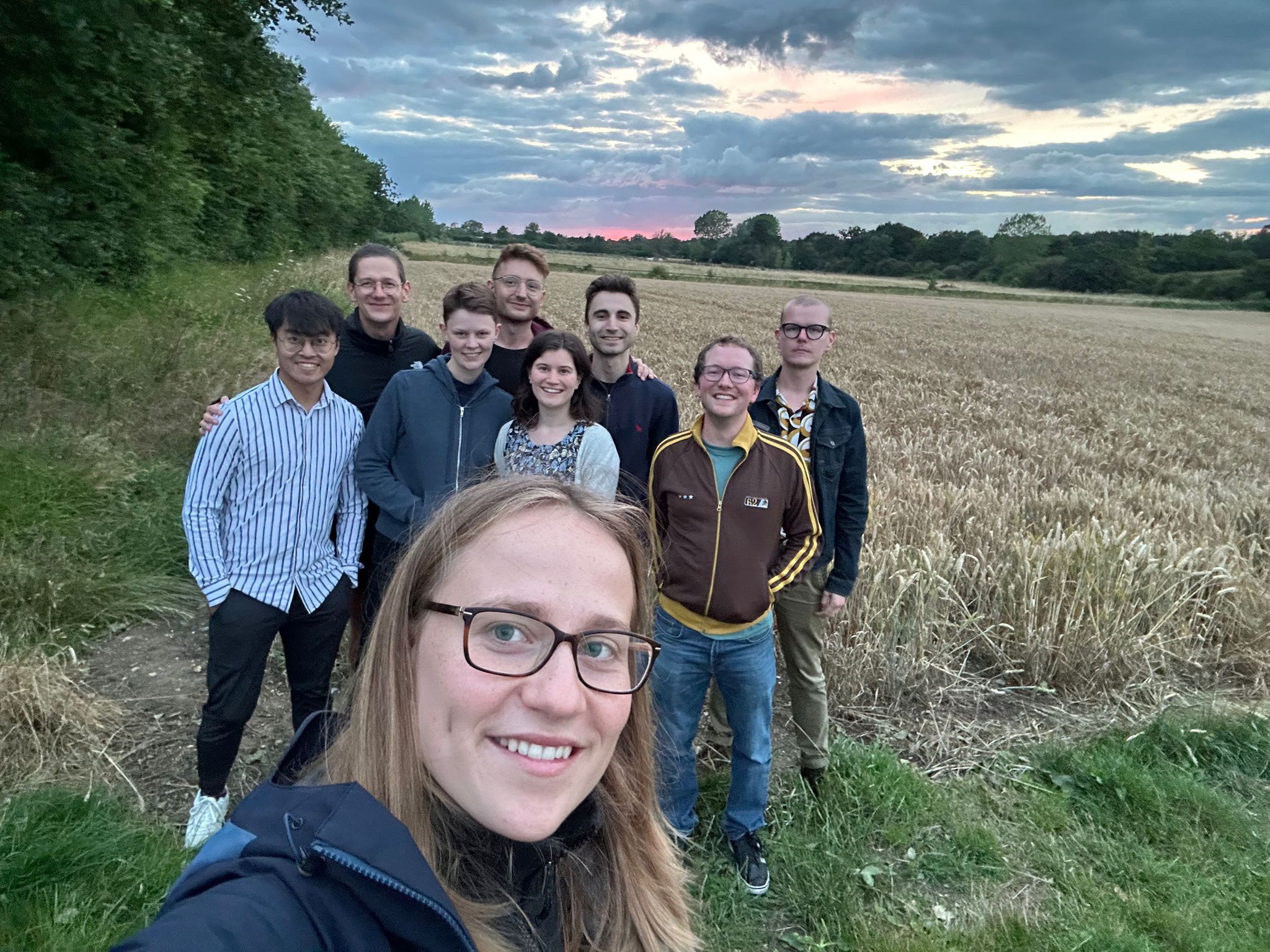
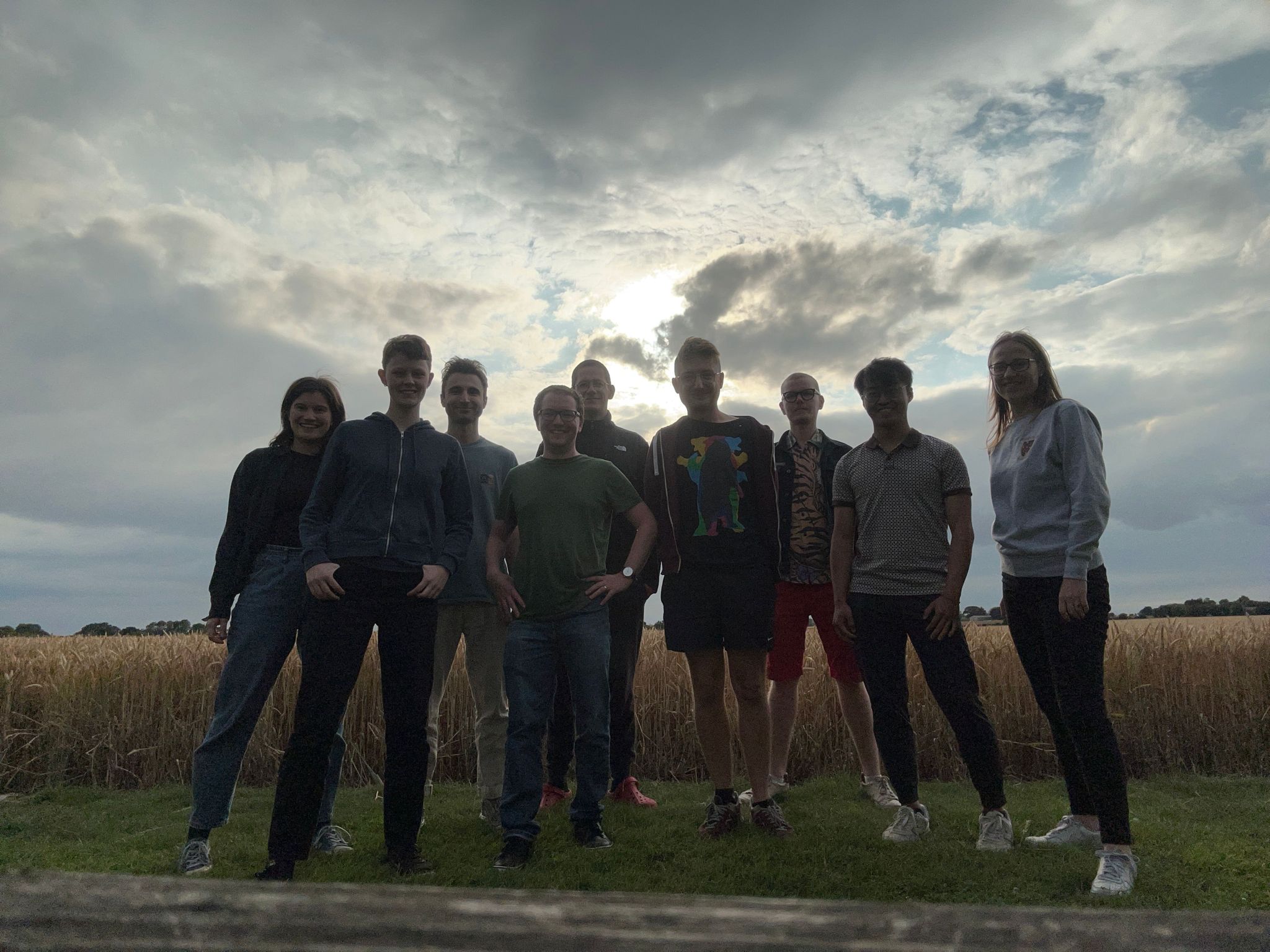
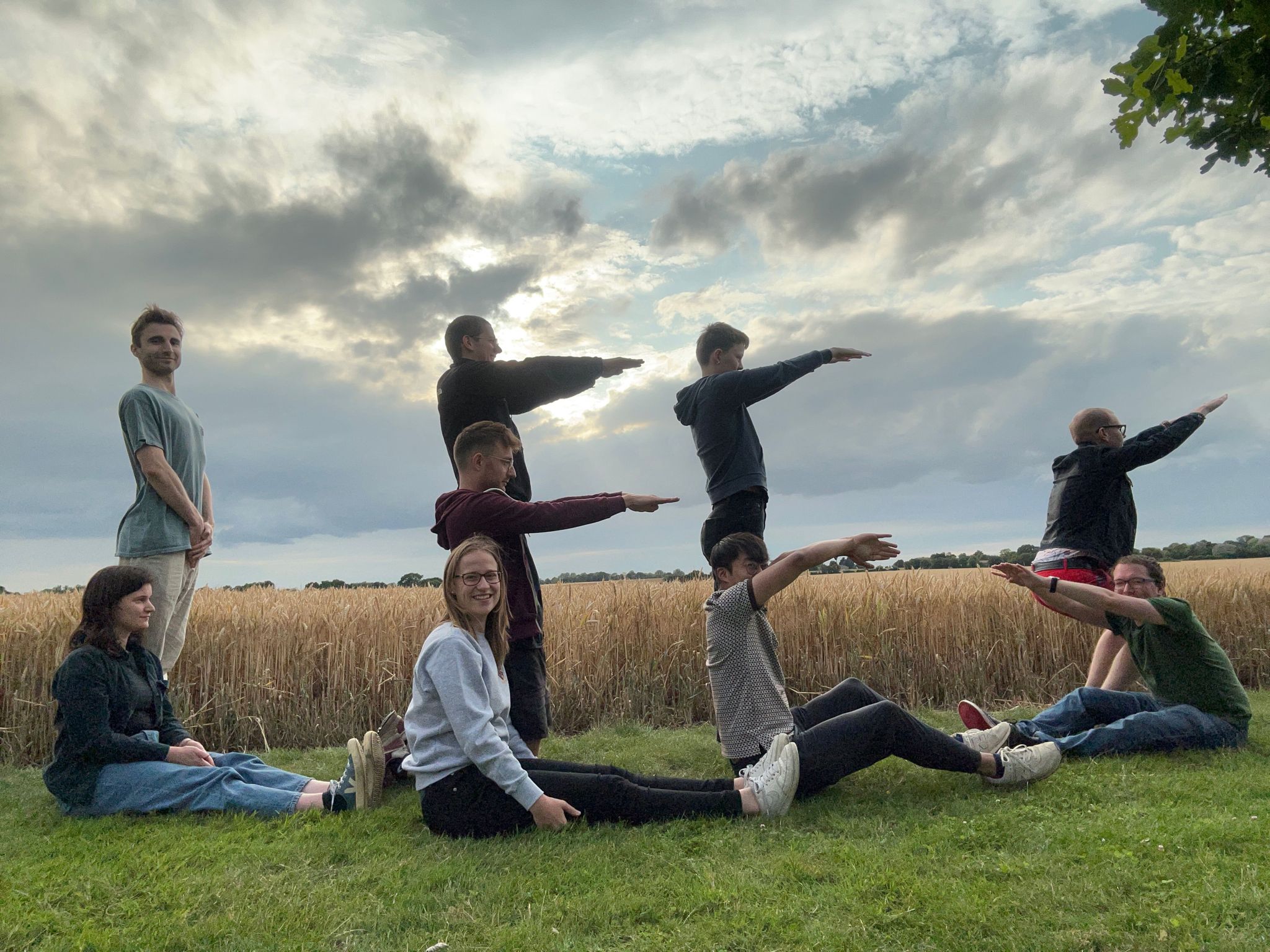
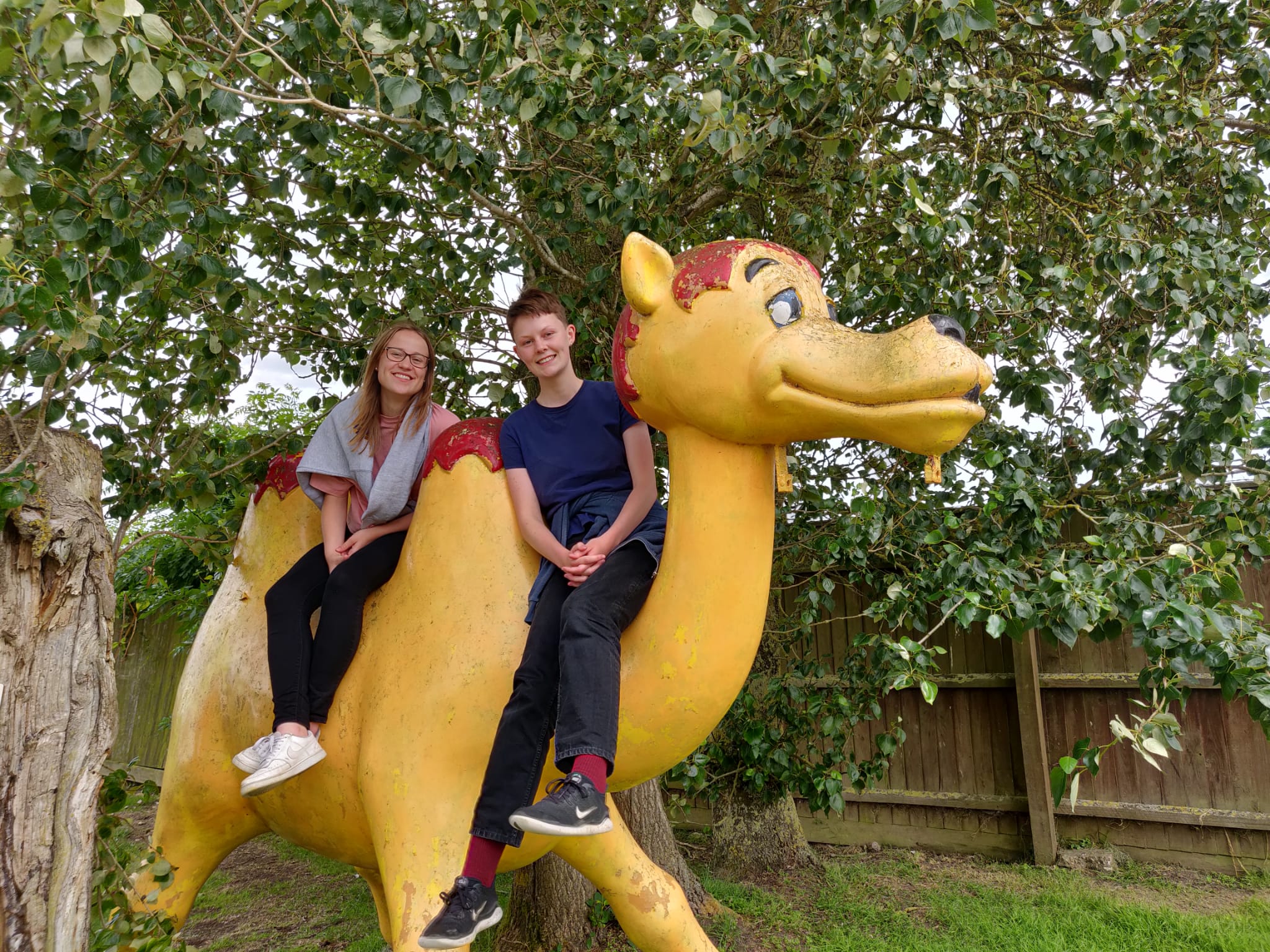
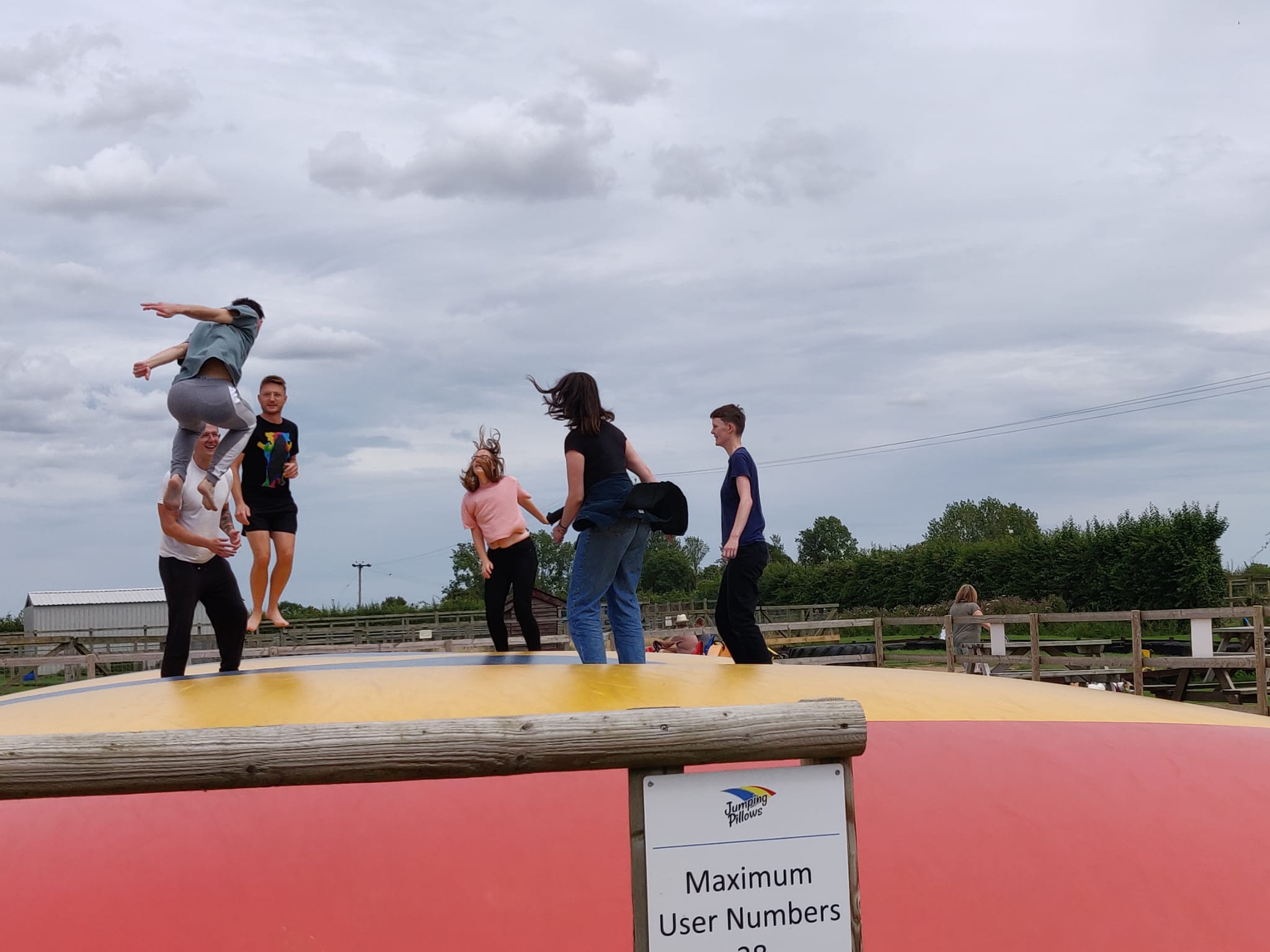
The finest minds
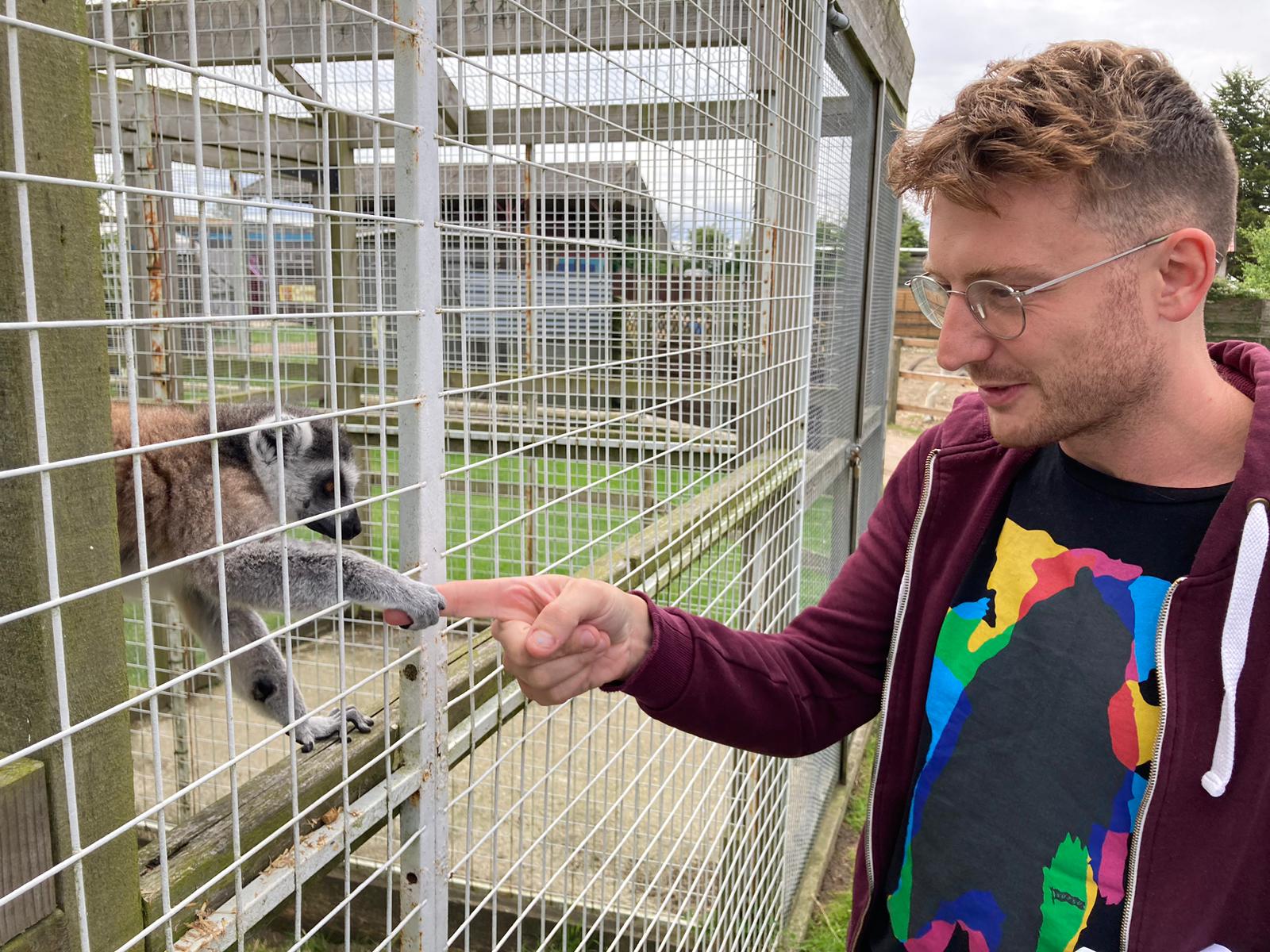
The finest minds (part 2)
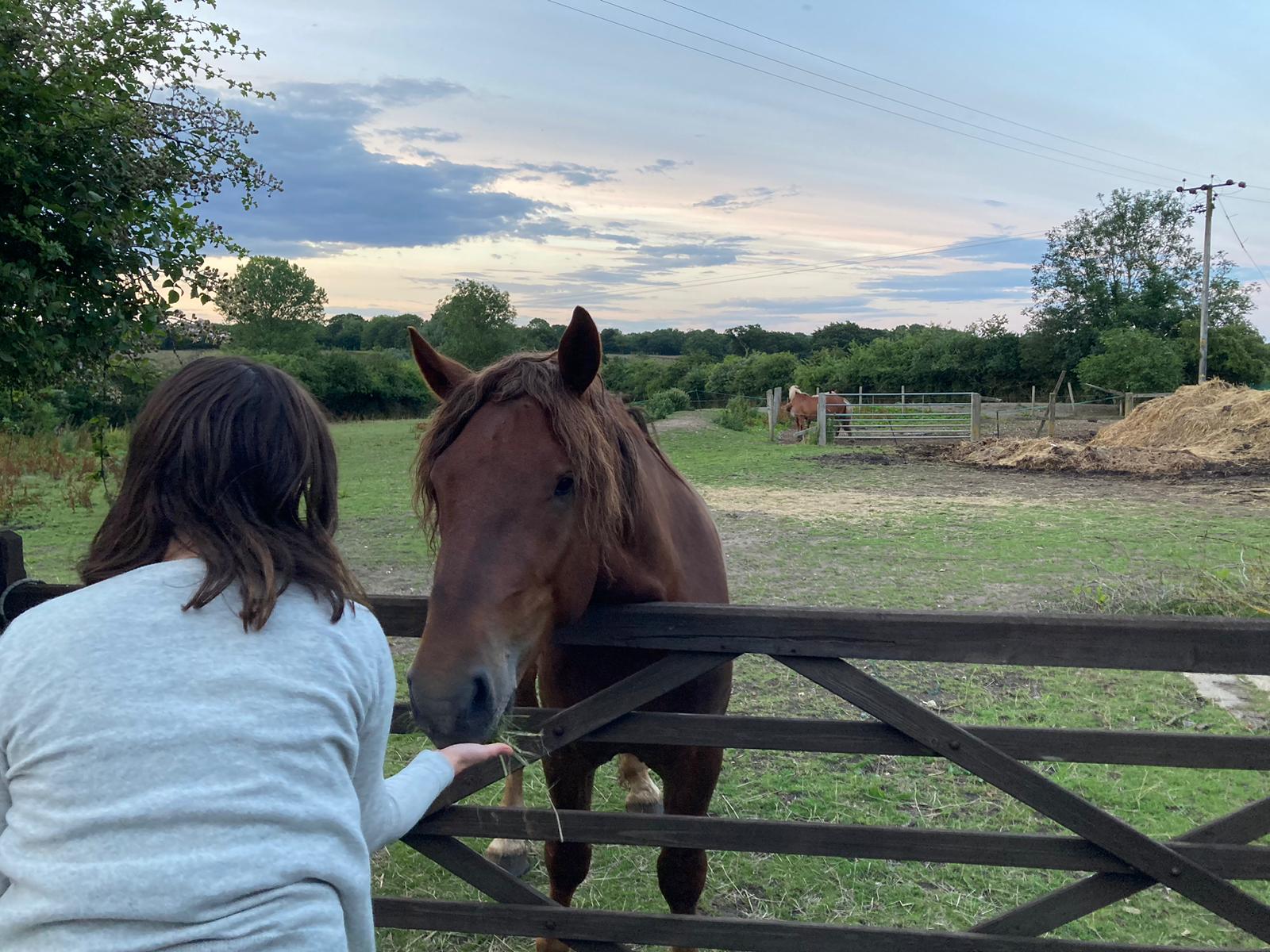
Pub bike May 2023 – the hailstorm
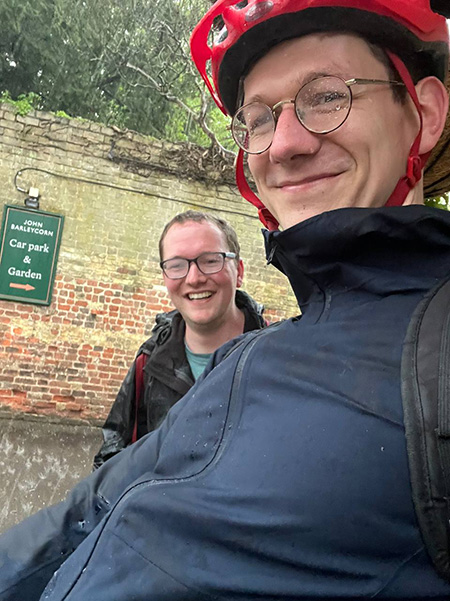
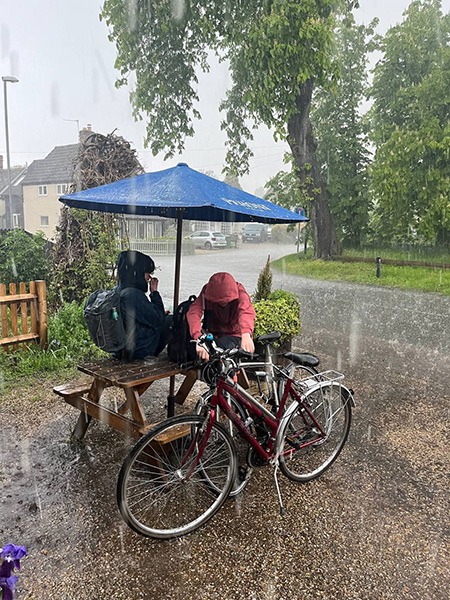
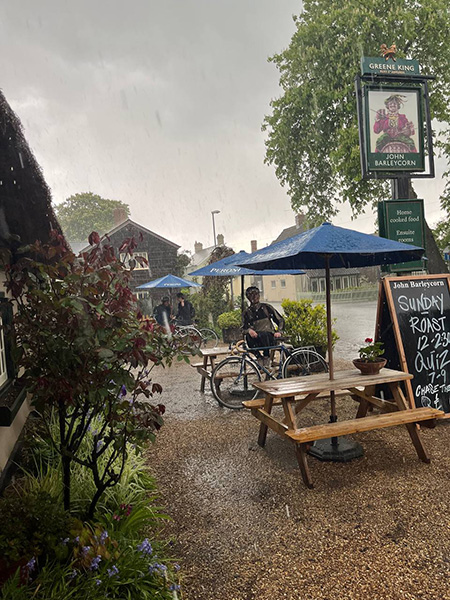
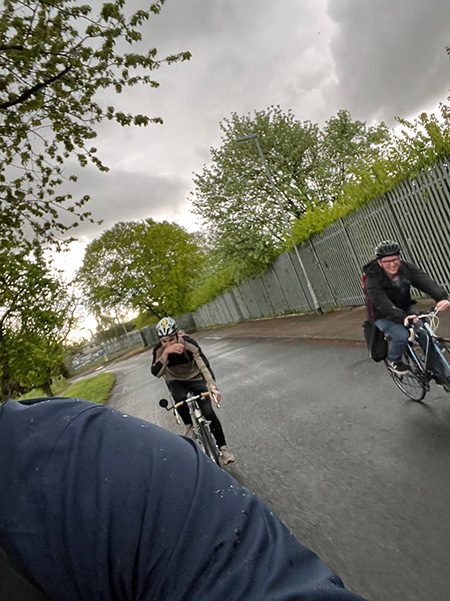
2022
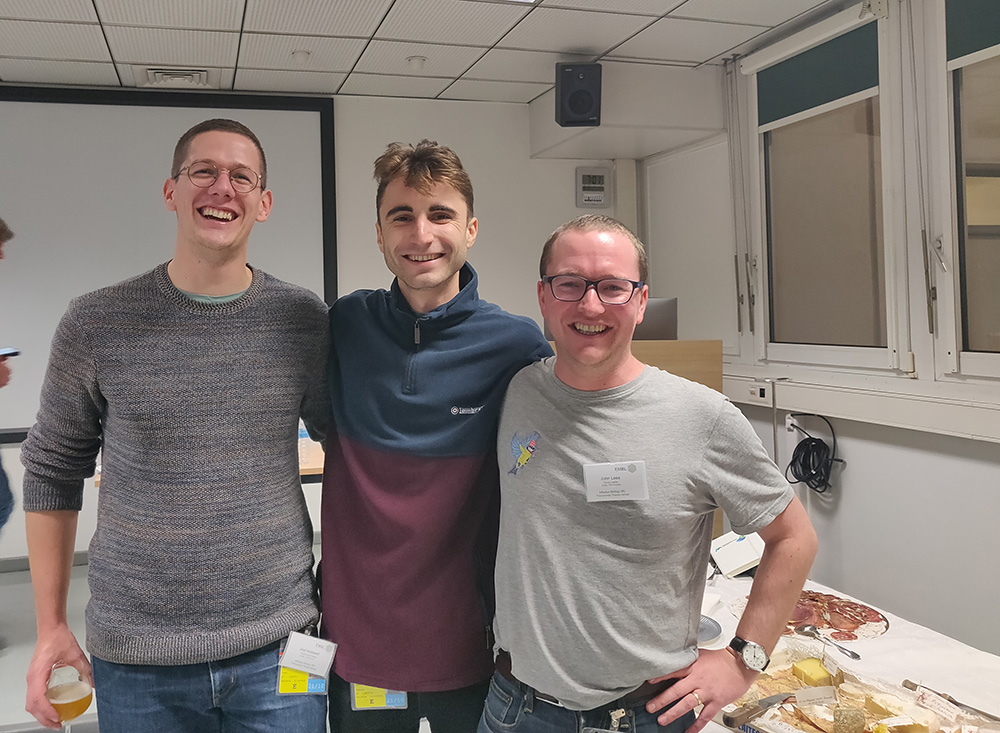
Infection Biology Transversal Theme Retreat
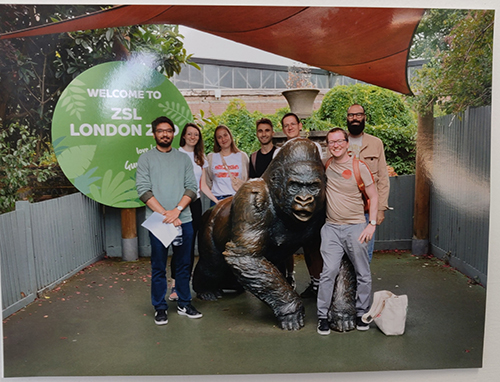
Group retreat at London Zoo (Gorilla sadly not in our group)
